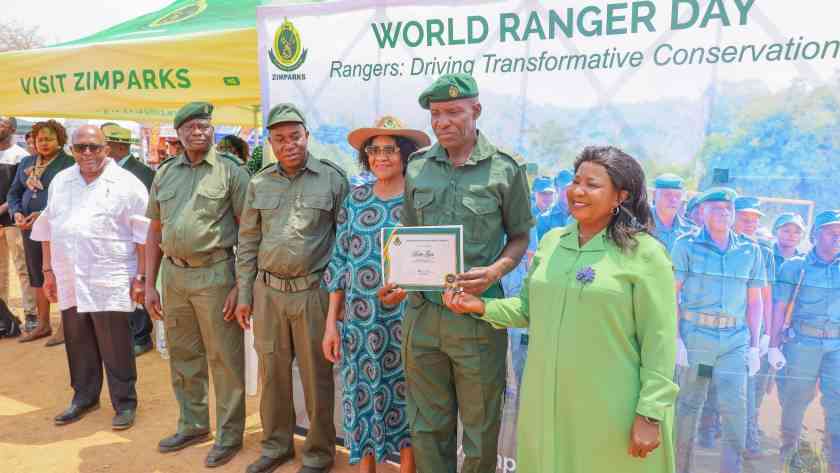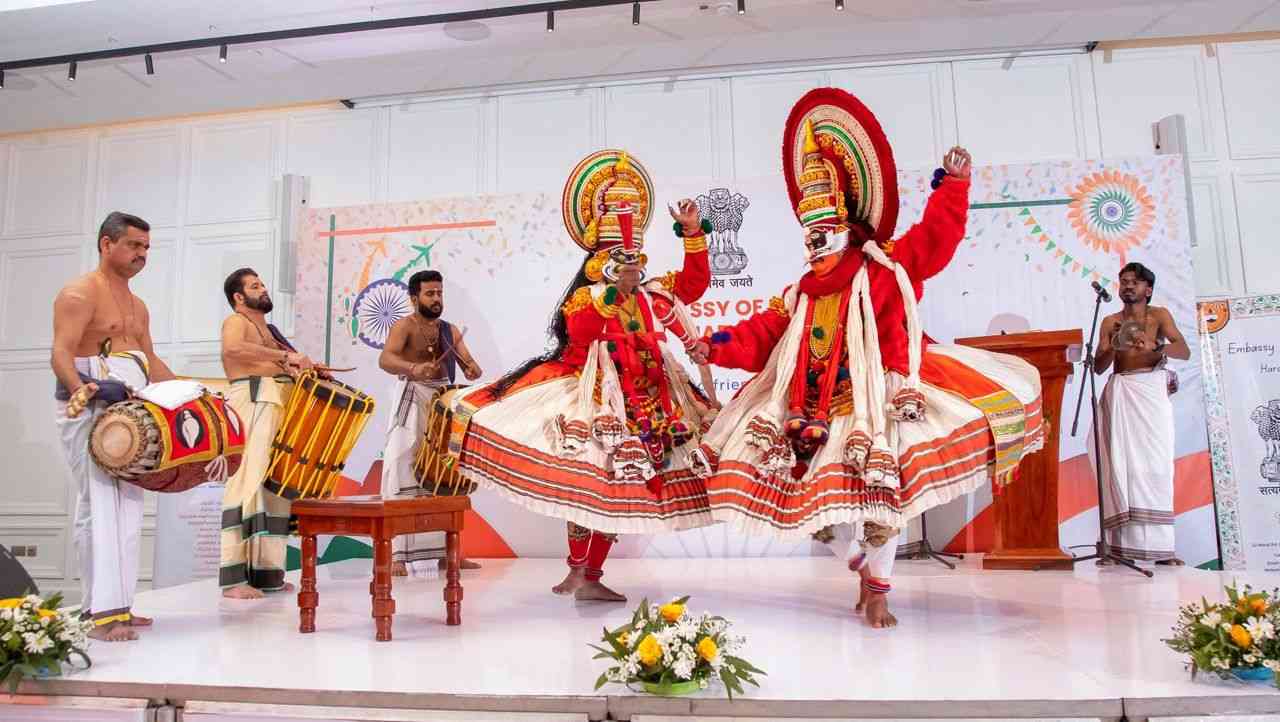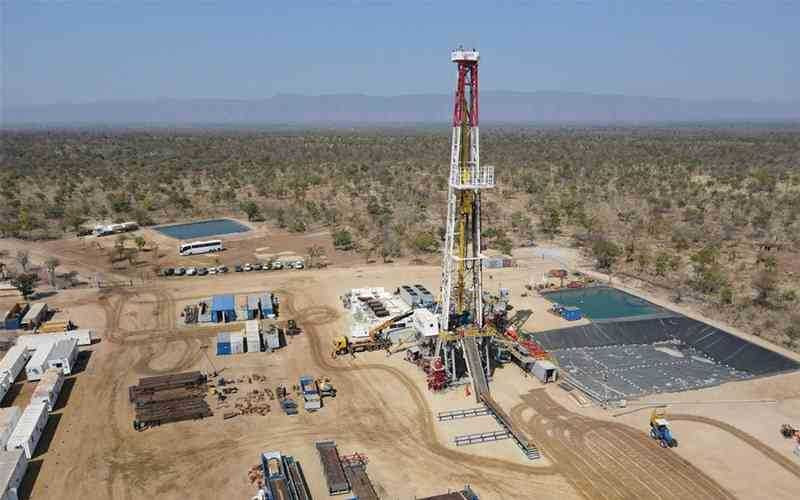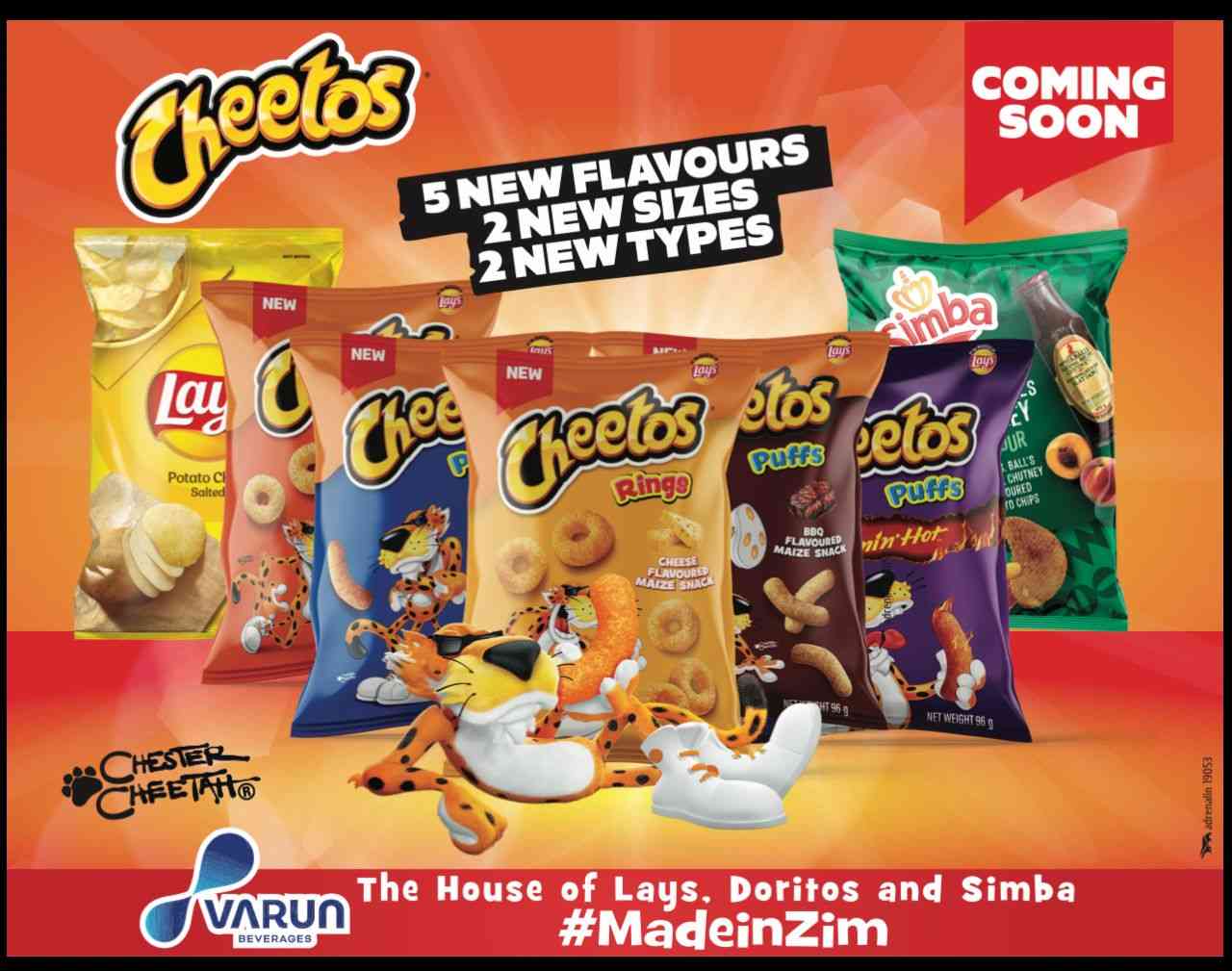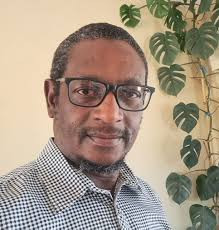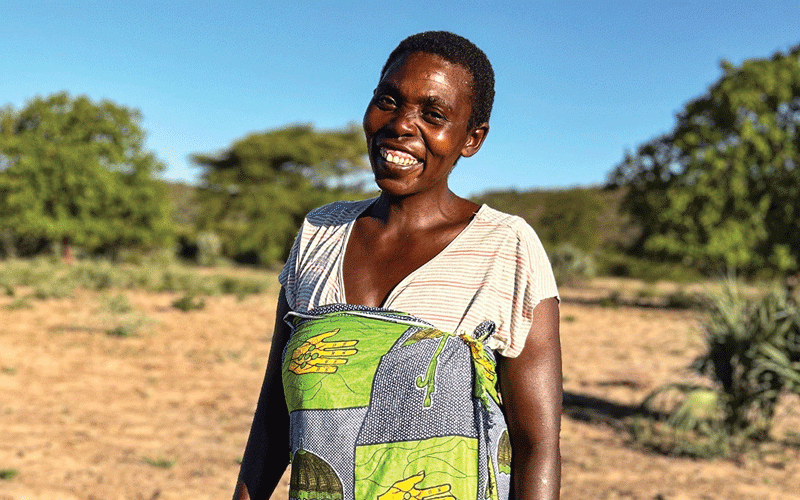
I HAD never been to Binga.
Yet, with all the stories I had heard, in my mind’s eye, I had created something so removed from the truth it was simply wild.
In reality, I think only four words capture it well — vast, surreal, unreal and beautiful.
Not without the paradox of a paradise that can be a daily struggle to its inhabitants.
Going deep into the territory would reveal how this northwestern part of the country is prone to droughts.
It experiences very high temperatures and poor rainfall.
As a holiday destination, it is perfect.
You are near the Zambezi, bordering Zambia and you can explore the safari.
- Secure your business premises: Police
- New law answers exhumations and reburials question in Zim
- DT Bio Mudimba: A sungura perfectionist
- Travelling & touring: Gandavaroyi Falls: Tourism’s hanging fruit
Keep Reading
As a permanent place of abode, now that’s another story altogether.
The vegetation alone without a conversation with anyone tells of a tragic account.
This is how as Adventist Development and Relief Agency and World Food Programme, we find ourselves in the region.
It was mid-April when I headed towards the administrative district in Matabeleland North province.
My assignment was to go around our project sites and take photos and videos of the progress we were making in construction under the Integrated Resilience Building Programme (IRB).
The project is rehabilitating old Food for Assets sites previously implemented by various partners to enhance the preparedness of households in Binga to withstand future shocks and stressors such as droughts, floods and disease outbreaks, while also increasing their food and nutrition security and resilience.
So we went from site to site, one ward after another and met quite a lot of people.
In some places, work had just begun and in others, communities were already enjoying the benefits of their assets.
It wasn’t too difficult to see how relevant IRB was because in such a dry place, now you could witness families accessing fresh and clean water easily.
There was a community garden I thought was flourishing in a way that was just amazing. A true testament to how the availability of water can make all the difference.
Not far from that very green place was another community garden still in its initial stages.
This is where I met a lady called Catherine Munenge (43). Her story broke my heart, it put a dent in what had otherwise been a lovely trip.
And this is what some of these assignments can be like.
They open your eyes to how some people are going through life, and it humbles you.
You cannot help but be grateful for what you have, acknowledge what you are always taking for granted, and be stirred into wanting to do more to contribute to transforming the lives of fellow mankind.
Nobody deserves to wake up every day and struggle for the most basic of needs food, water, shelter and clothing.
Our Toyota Land Cruiser vehicles (you know, the typical humanitarian rough rider trucks) were parked over there in the shade.
I had left the WASH [water, sanitation and hygiene] engineer to go about his business as I wandered about looking for interesting shots outside.
I had gotten everything I needed inside already.
I headed over to where the borehole is.
It’s almost done, but not quite complete yet.
“Yes!”
And he went to talk to talk to her.
He switched smoothly to Tonga and it’s like music to my ears.
I had no clue what he said to her, but I can see him pointing and I imagined it’s something along the lines of introducing me and asking for her consent.
As she allowed us to engage with her, she revealed a most stunning smile.
There was sadness in her eyes, but it’s as if she had accepted her plight and she took it with grace.
She spoke with the elegance of a queen. Unrushed, deliberately and with dignity.
“Right now, I am gathering wild okra, our main relish. When it rains like this, this type of okra starts germinating again,” she said.
“Since we gather it fresh, we also take some for drying so that we don’t run out of it during the off-season. This year, it was in small quantities because of the low rainfall.
“I’m going to prepare a meal for myself and two children. There is no other relish we have besides this okra, unless you are lucky to find some vegetables during a year of normal rain.
“The prolonged dry spell this time disturbed the growth of okra and some vegetables we usually gather for relish. They all wilted permanently.”
The pictures and videos were beautiful, but our hearts felt like they had been ripped out of us.
There wasn’t anything we could do.
We hadn’t brought anything with us. Suddenly, our impressive cars felt like an offensive weight.
What was the point of moving about with all that metal if when we met with need we were unable to do anything?
But we were monitoring a project site that was going to change the lives of so many.
What good was it if the life we met now, we couldn’t do anything for it?
If my boss was there with me, she would no doubt remind me that there is no end to the world’s distress.
And another veteran colleague in the humanitarian space would tell me that if we can do what we can for even one life, it makes a world of a difference.
But I am neither boss nor veteran yet.
I am still wide-eyed, naive and desperate to unburden the world of all its heart-wrenching woes.
There are countless men, women and children in Binga like Munenge undergoing food insecurity because of the El Niño-induced drought.
Our current project is transforming lives, yes, but they are only a fraction of the population that desperately needs assistance.
Will we be content in the handful we are currently working with or will we be moved to do a whole lot more? I want to do a whole lot more.
I don’t know about you. I haven’t figured out how yet, but yeah.
That was my experience.

